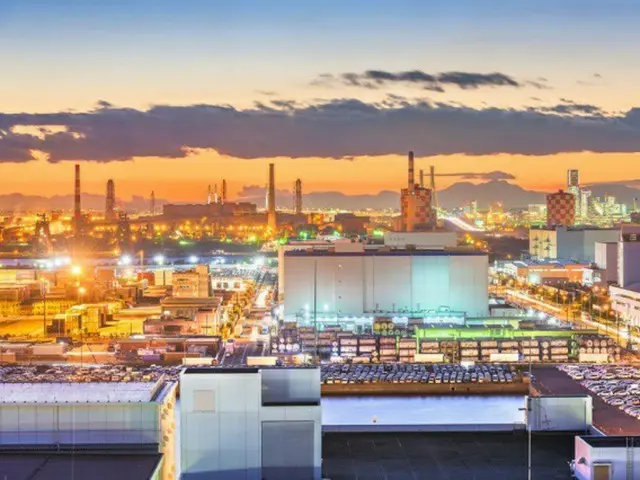The government plans to restructure the industry to focus on value-added products and inject 3 trillion won (US$3.2 billion) in policy funds. It will also provide support for public works expenditures to help the domestic construction industry recover from the economic quagmire.
On the 23rd, the South Korean government held a ministerial-level meeting on strengthening industrial competitiveness at the Government Seoul building and announced "Measures to improve the competitiveness of the petrochemical industry" and "Measures to enhance the vitality of the construction industry."
In order to overcome the crisis in the petrochemical industry, the Ministry of Trade, Industry and Energy has decided to streamline the oversupplied NCC (naphtha cracking facility) facilities, strengthen competitiveness in the global market, and strengthen the Dow Chemical Group's
First, in areas where the regional economy is expected to be hit hard by the rationalization of facilities, the "Industrial Crisis Preemptive Response Areas" will be implemented.
The government will select these areas as "preemptive response areas" and provide support by the first half of next year. If these areas are designated as preemptive response areas, the conditions for subsidies to support cooperating companies will be relaxed, and financial support for companies and small businesses will be strengthened.
In line with this, in order to encourage companies to voluntarily restructure their businesses, the grace period for holding companies will be extended from three years to five years, and the acquisition of assets related to business restructuring within the industrial crisis preemptive response area and the imposition of provincial taxes will be allowed.
The government will also extend tax deferral periods and provide policy loans worth 3 trillion won at low interest rates to support capital investment, research and development, and operating funds.
In order to revive the sluggish construction industry, the government will implement measures to support public works expenditures.
Due to skyrocketing construction costs, the construction industry has a widespread feeling that public works are "unprofitable," and with major national projects not progressing, the government has begun to directly seek solutions.
In order to allow construction companies to recover the net construction costs in public works, the government decided to revise upward the winning bid rate, which is currently in the low 80% range, from 1.3% to 3.3%.
The general and administrative expenses rate, which is applied when calculating construction costs, was also revised upward from 1% to 2%. General and administrative expenses are expenses incurred when conducting business activities, such as salaries for senior employees, and are 1
There had been no change for about 30 years since 1989. In addition, the Korean government introduced a price exemption to reflect the price of goods during periods when construction costs are rising sharply, in order to stimulate private capital projects.
The government decided to actively reflect this in the 11 projects (12 trillion won/approximately 1.3 trillion yen) that were established in the past.
2024/12/24 07:08 KST
Copyrights(C) Edaily wowkorea.jp 107

